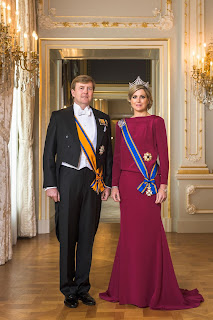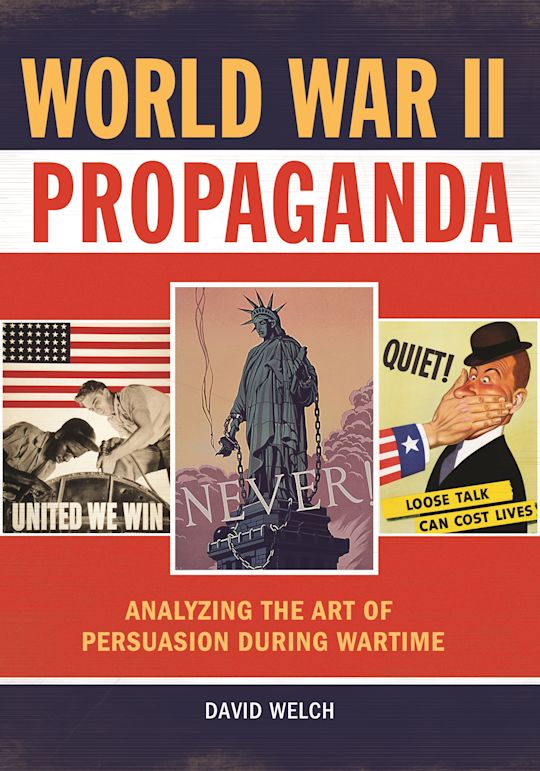Systemethics, an introduction : Our world is an interpretation of our mind’s projection.
Systemethics, an introduction : Our world is an
interpretation of our mind’s projection.
When we read a newspaper, watch the six o clock news or
observe our common world, we cannot help but notice that everything seems separated
from everything else. We look at a white man as a white man and at a black
woman as a black woman or we see the car we are driving in or the bus we are
riding on as machines that have nothing to do with each other. The bus, the car
and those people are separate entities, things perhaps or machines that have
only in common that they are means of transport and these people are being
transported. We may conclude that transport is the only connecting variable,
nothing else.
But if that is true, are the bus, the car and two people of
a different skin colour truly separated? This essay says no. They are very much
related and connected. We can’t see it with our own eyes, but we do know that
from within. The word transport connects the people with means of movement.
When you start analysing the intrinsic connection between what we observe and
what we internally know from being conscious, a form of interdependence
emerges. This is a simple example, but imagine if you are able to connect your
own personal history with that of the world. Are you a part of this global
history? Of course you are. Without you the history of the world would have
been different. You are valuable to this world for two reasons: firstly you
belong to this world and secondly, you are this world because you are observing
it constantly. Without you observing it, that world would not exist. It is a
picture in your mind and everything else is too. We are creating our world
through our personal observation. If you can understand this or are able to
imagine this within yourself, you already know that without you, there is no
world, no black woman, no bus, no car and no white man. They are projections of
your mind. This mind is therefore a necessary part of reality as it is shaping it
constantly. This so-called interconnectedness will give us, as the observer
having to deal with the observed or perhaps a better word would be
‘interpreted’, an enormous responsibility as we are having to make choices
based on our created reality. The risk would be as we believe that we keep
seeing ‘separate’ things, we would react fragmentally, rather than basing our
reactions on understanding the ‘whole’. And that is basically what this essay is
about. Our fragmentation, or inclination to separate things of life. We bomb
Syria because we want to eradicate ISIS, but fail to accept that ISIS has a
cause to exist. They exist in our minds as an evil, but we do not choose or
refuse to see that this evil was caused by another evil; ours. When we would
accept that everything is related, or interconnected, we can also acknowledge a
total interdependence linking us all with what is observed. The evil that ISIS
is doing, is dependent and interdependent on our own actions and choices which
thrive in segregation. Climate change, the fact that hundreds of islands are
slowly being swallowed by our oceans has a cause. Ignoring the cause, or not
accepting the correlation through our fragmented observation and scientific
conclusions, usually ulteriorly motivated, only postpones potential solutions.
We do not realise that our world is an interpretation of our mind’s projection.
2. End of Fragmentation: We do not longer belong to the
planet, but the planet now belongs to us.
When all is interrelated, reality is the sum of everything.
It cannot be explained simpler. When we learn to understand this, we can
commence by accepting this truth and gradually list everything we interpret in
fragments in order to reunite them into this sum of it all. Physics talk about
the ‘unified’ field, religions talk about God who created it ‘all’ and
philosophers confirm that our world is a unity, an unification of mind and
matter. Astronomers show us that mathematically we would not have existed as a
human species if our planet would not be in that exact position in the universe
where it is now, hanging in seemingly empty space which if fact is far from
empty.
The challenge is to describe the interconnectedness and the
interdependence of us and universal conditions for life in an understandable
manner in order to overcome the gap between scientific mumbo jumbo and the way common
folk using common sense interpret their observations. The famous physicist Fritjof
Capra wrote his book ‘The Turning Point’ in 1984. Today, we live in the
year of our Lord 2015. Between the
release of this important book and today 31 years passed. The question that
this essay tries to answer is: did we read, understand and interpret his
valuable insight and use it to unify all? Consult your observation of today’s
reality and will agree that the answer is: ‘no, we did not.’ Perhaps you read it and
nodded ‘yes’ during your reading , but reality as we observe it today,
certainly appears worse than in 1984. We do not see what he tried to show us.
We did not read that fragmentation is the very cause of a reality that does not
stroke with our innermost feelings or wants. Our innate survival mechanisms are
constantly tested causing anxiety and direct related diseases. Fear, flight or
fight has become a constant state of mind, shortening in fact our lifespans. The
basic reason for this is that not only did Capra remind us of how reality could
and should be interpreted and used, but every religious teacher, every scholar,
every philosopher that lived on this planet confirms this since the day that
humans became thinkers. What we have done lately is in Ayn Rand’s words:
destroyed our minds. Cause: because we want to earn the unearned and deserve
the undeserved which depends on one basic human flaw; denial of reality. Now,
imagine you have to live in an imaginary world where the one condition to keep
earning what you believe is yours, is deliberately ignoring your observation of
reality by creating a suitable interpretation of it as your reality. This is
the status of our leadership. A surreal preference is created but this cannot
exist in a social vacuum. Someone stranded on an island in the South Pacific
will not survive if this ‘surreality’ persists in his observation. He or she
has to, in order to survive, accept reality as it is presented. Accepting such
‘surreality’ can only be sustained by the acceptance, the acquiescence or the
abuse of others. Therefore it needs other people and /or the environment to be
harmed. Believing therefore that someone can get away with such behaviour is a
fallacy, as immediately one will understand that dependence on others causes
vulnerability by others and are the needed conditions to maintain it. In other
words; it will cost one’s freedom to act this way. This phenomenon is also
known as politics. Presidents, Prime Ministers, Politicians and even those who
work for Non-Governmental Organizations are required to choose in
fragmentation, because they depend on the system they serve. Independence of a
system is very difficult in our world because it is the intention and
motivation of our leaders to create a sense of dependence being it financial or
economic. If we were not dependent, we would not be needing any leaders. Laws
prevent common folks to create their own currency or for example live on
barter. They are not allowed to hunt or scavenge the lands or forests because
these belong to someone else. The world has become fragmented because someone
own the land, the waters, the fields, whilst a natural tendency would be that
we all share what our planet is providing us with. Instead we believe in
competition, ownership, rights, laws to protect such rights and therefore this
cannot but lead towards separation. Ergo, our observational interpretation is
faulty. We do not longer naturally belong to the planet, but we assume the planet now
belongs to us.



Reacties
Een reactie posten